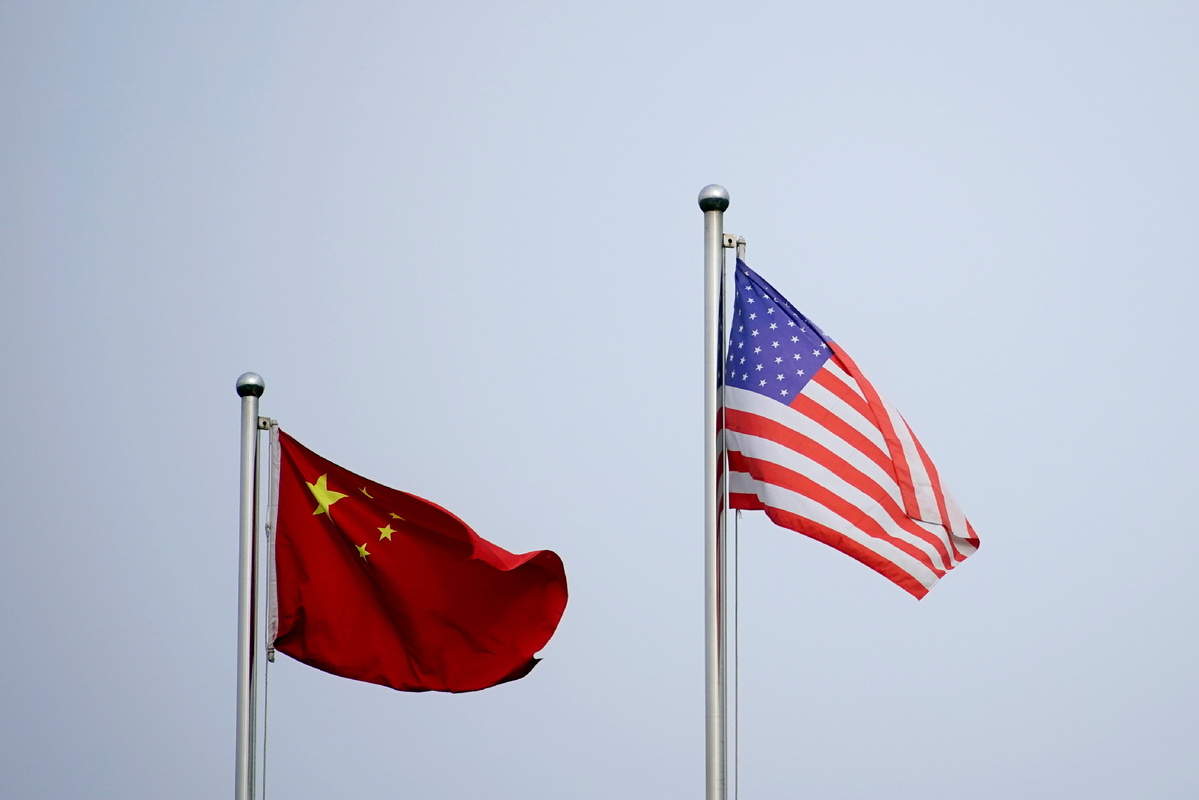Racial bias pinned as driving security probes
By LIA ZHU in San Francisco | China Daily | Updated: 2021-06-24 10:30

US urged to stop disrupting sci-tech cooperation, end political manipulation
A mistrial of a US-based scientist charged with hiding ties to China has put the spotlight on the so-called China Initiative, a controversial program criticized for targeting scientists of Chinese descent and harming the US national interest.
Since the program was launched in 2018 with the aim of investigating cases of economic espionage, US federal prosecutors have escalated the crackdown on researchers and scientists for their work with Chinese universities. Dozens of prosecutions have got underway.
The trial of Anming Hu, a former associate professor in the department of mechanical, aerospace and biomedical engineering at the University of Tennessee, was the first of such prosecutions to reach a trial under the program. The case was declared a mistrial last week after the jury could not break a deadlock.
Zhao Lijian, a Chinese Foreign Ministry spokesman, on Tuesday urged the US side to stop disrupting the regular exchanges and cooperation between the two countries in science and technology.
He made the remarks at a news conference in response to a query concerning Hu, who had been falsely accused by US federal agents.
"This false accusation not only exposed the consistent tactics of US intelligence agencies in conducting presumed guilty investigations but is also another example of US intelligence agencies engaging in political manipulation," Zhao said.
Noting that US intelligence agencies have always used any means to achieve specific political goals, Zhao urged the US side to abandon its Cold War mentality and ideological prejudice and stop its political manipulation.
As part of his work at the university, Hu was encouraged to reach out to other scientists in China and other countries. But as the China Initiative came along, his work made him "low-hanging fruit "when the FBI were looking for something to go after, Hu's attorney Philip Lomonaco told a virtual news conference on Friday.
FBI plot
The FBI once tried to recruit Hu to spy on a Chinese university, and after Hu declined the request, the agency started a "clandestine investigation and surveillance "operation lasting one year and nine months, he said.
Failing to produce any evidence in the case, an FBI agent found Hu received grants from space agency NASA which, under federal law, cannot fund collaboration with China, said Lomonaco.
Similar to Hu's case, some Chinese-born scientists at universities including the Massachusetts Institute of Technology and the University of Kansas also have been charged with hiding ties to China while receiving federal grants.
"The news releases and early announcements in all these cases use words such as 'espionage' and 'spying'. But then if you look at the actual case that is filed, they turn out to be about something else, not espionage in any legal sense, but instead 'wire fraud', which is a catch all," said Frank Wu, president of Queens College of the City University of New York.
He said US universities had been encouraging their faculty to collaborate with Chinese partners until all that changed with the China Initiative.
"The China Initiative is premised explicitly on the theory that there is ethnic affinity and thus a propensity on the part of people of Chinese descent," said Wu. "This means, even clerical errors, such as mistakes filling out forms, become criminally prosecuted in a manner that was never done before, similar to the prosecutions you would bring for organized crime against mobsters and murderers."
Michael German, a former FBI agent and a fellow at the Brennan Center for Justice's Liberty and National Security Program, called Hu's case a "perfect example" of a persistent problem within the FBI, which has "a long history of using racial ethnic and national origin bias as a proxy for national security threats".
Even when FBI agents fail to identify economic espionage, they still move forward because they need to produce "statistical accomplishments" for the program, he said.
"This sort of pressure is what is extremely problematic about having a program called the China initiative," said German.
Wu warned that the initiative has caused "a disproportionate impact on a minority community, a chilling effect on important research that leads to discoveries and progress for the world, and the serious potential reverse brain drain". He added: "This does not help the American national interest."
Xinhua contributed to this story.
























